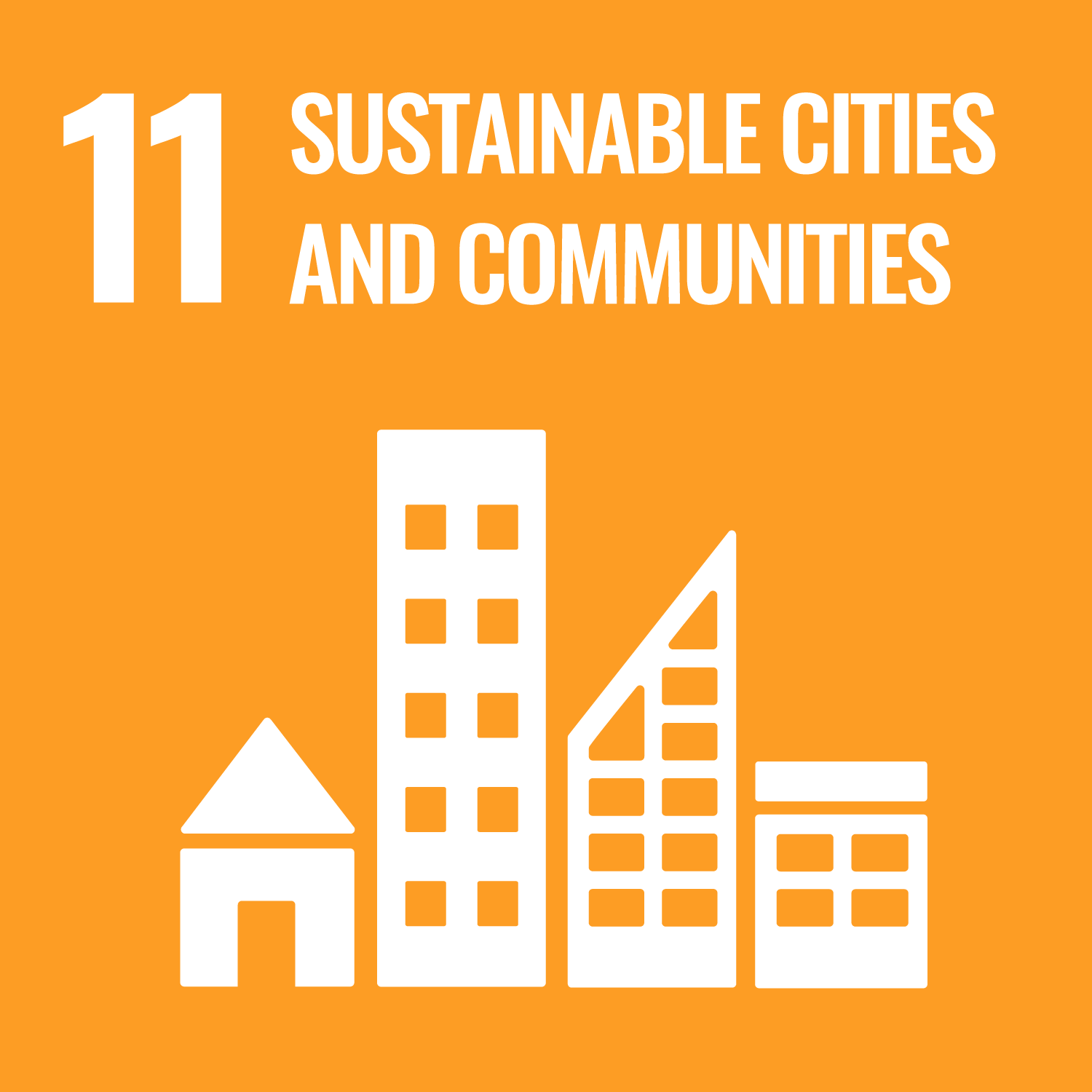Energising Mobility and Transport in China: Mobility and Fuels Strategy as a Contribution to the Traffic Transition in China – Pilot in the Jing-Jin-Ji Region
Objective
- Strengthen the capacities of partner countries to successfully implement climate policy, reduce greenhouse gases and increase adaptive capacity, and thus help them to contribute to achieving the long-term objective of the Paris Agreement
- Provide a link between German international climate policy and development cooperation
Description
The main objective of the project is to promote the adoption of the example of the German Mobility and Fuels Strategy (MFS) by the Chinese government in a participatory strategy process and the implementation of this process in the pilot region Jing-Jin-Ji. This Chinese strategy process is accompanied and shaped by German stakeholders. Future demand and technology developments will be considered so that China is able to exploit the climate protection potential of alternative fuels and mobility services. This underscores the exemplary character of the MFS in Germany, intensifies the political dialogue in the transport sector and makes an important contribution to the transport transition.
The work packages implemented in the project cover the implementation of a MFS in the Chinese pilot region and the integration of the results into the policy and expert dialogue. The scientific foundation for a MFS is developed on the basis of short studies on mobility topics (e. g. urban mobility concepts) and fuel issues (e. g. alternative drive technologies in heavy-duty traffic). The results are then integrated into the policy and expert dialogue. Providing practical capacity-building for modeling and scenario development, the project is expected to have significant impacts on the regional and local level. On the national level, inter-ministerial policy and expert dialogues on different mobility and fuels topics will contribute to achieving the project’s objectives. Further, the National Organization for Hydrogen and Fuel Cell Technology (NOW) GmbH will be supported in setting up the virtual Sino-German Electromobility Innovation and Support Center (SGEC).
Field of intervention
- Emission Quantification and Modeling
- Transport Transition Strategies
- Transport Efficiency
- Capacity Development
- Private Sector Mobilisation
Targeted beneficiaries
- Ministry of Transport (MoT) of the People’s Republic of China
- Political decision makers on national and local level
- Population of the People’s Republic of China
- Private Sector
- NGOs and Think Tanks
COUNTRY
China







